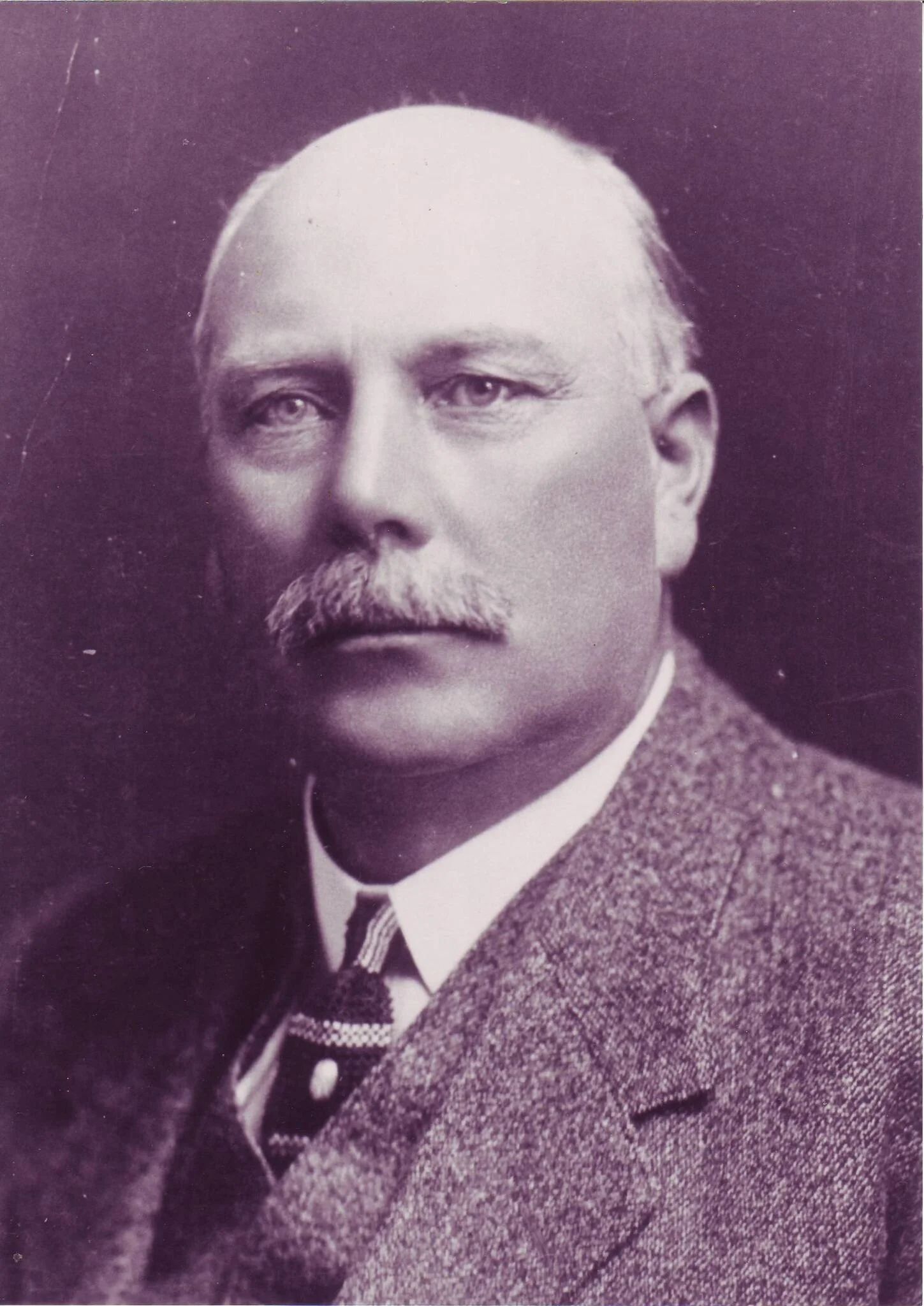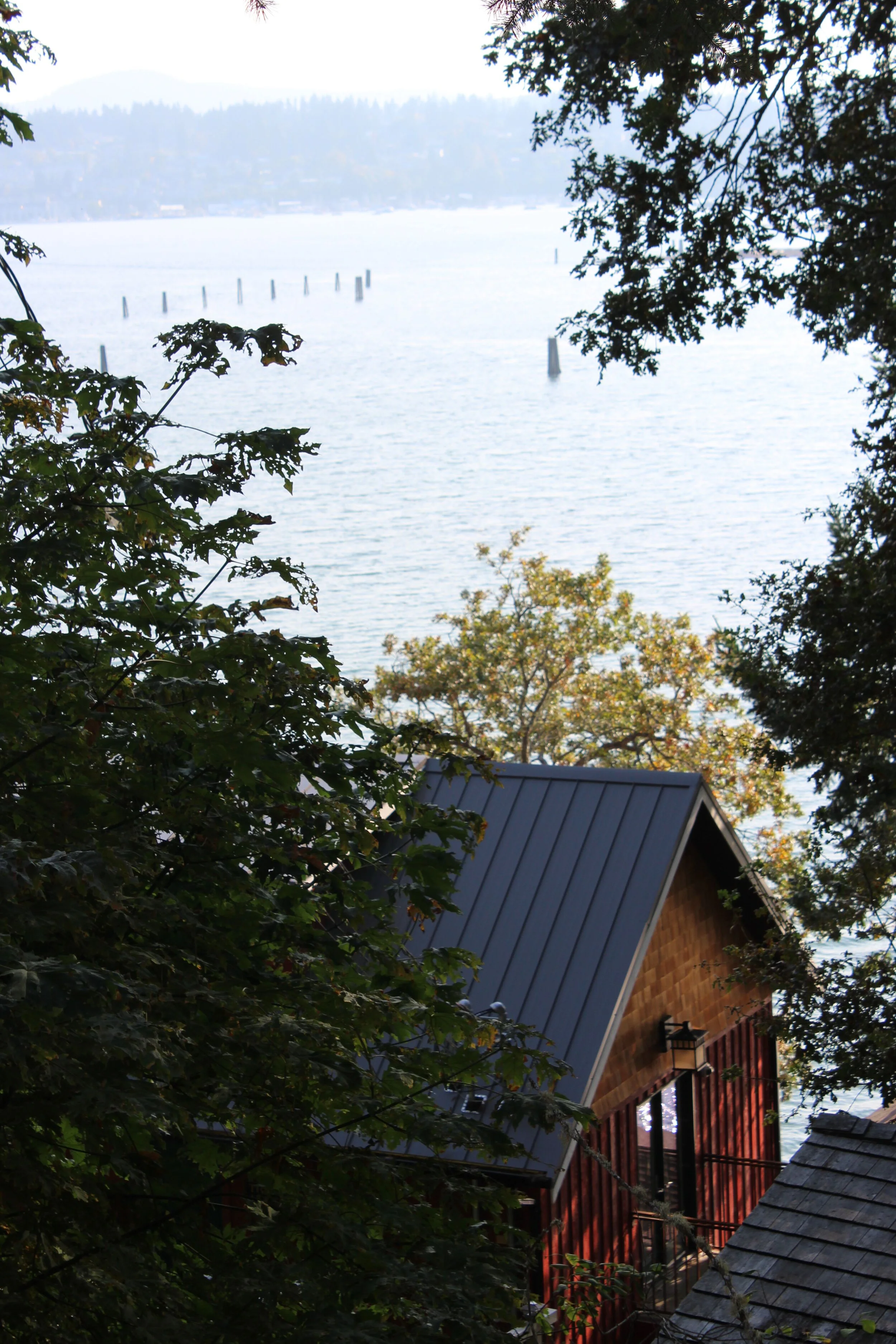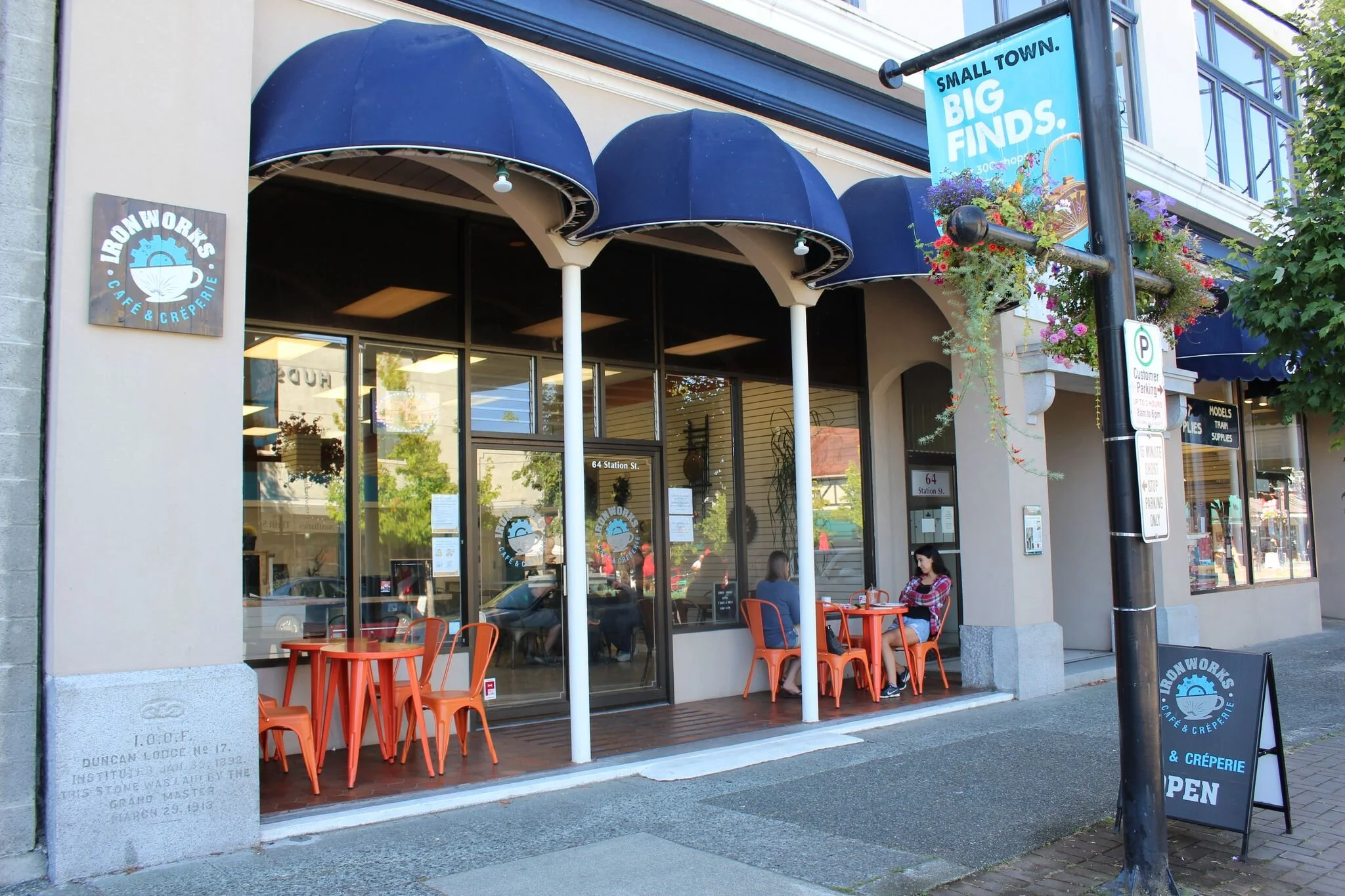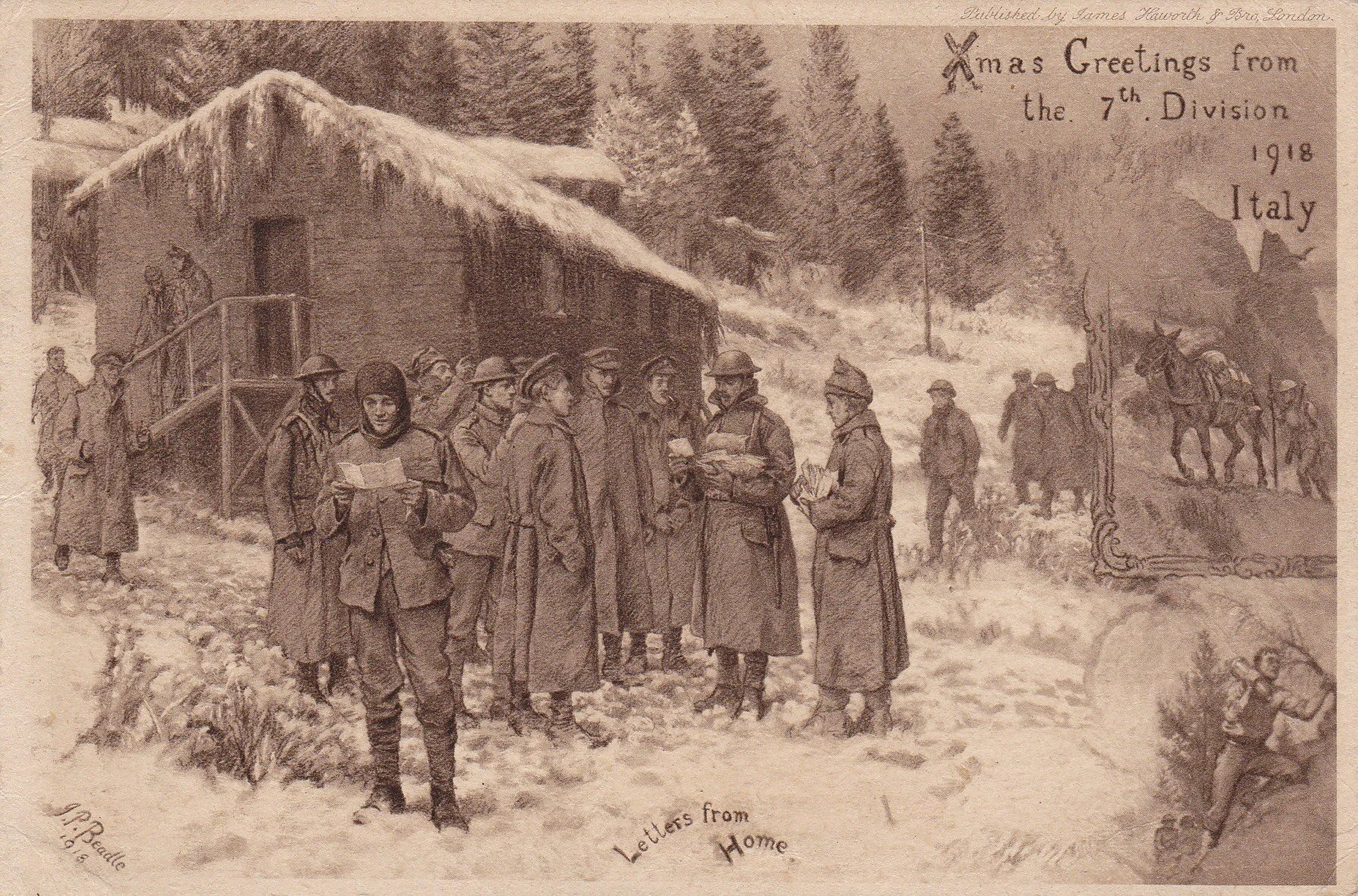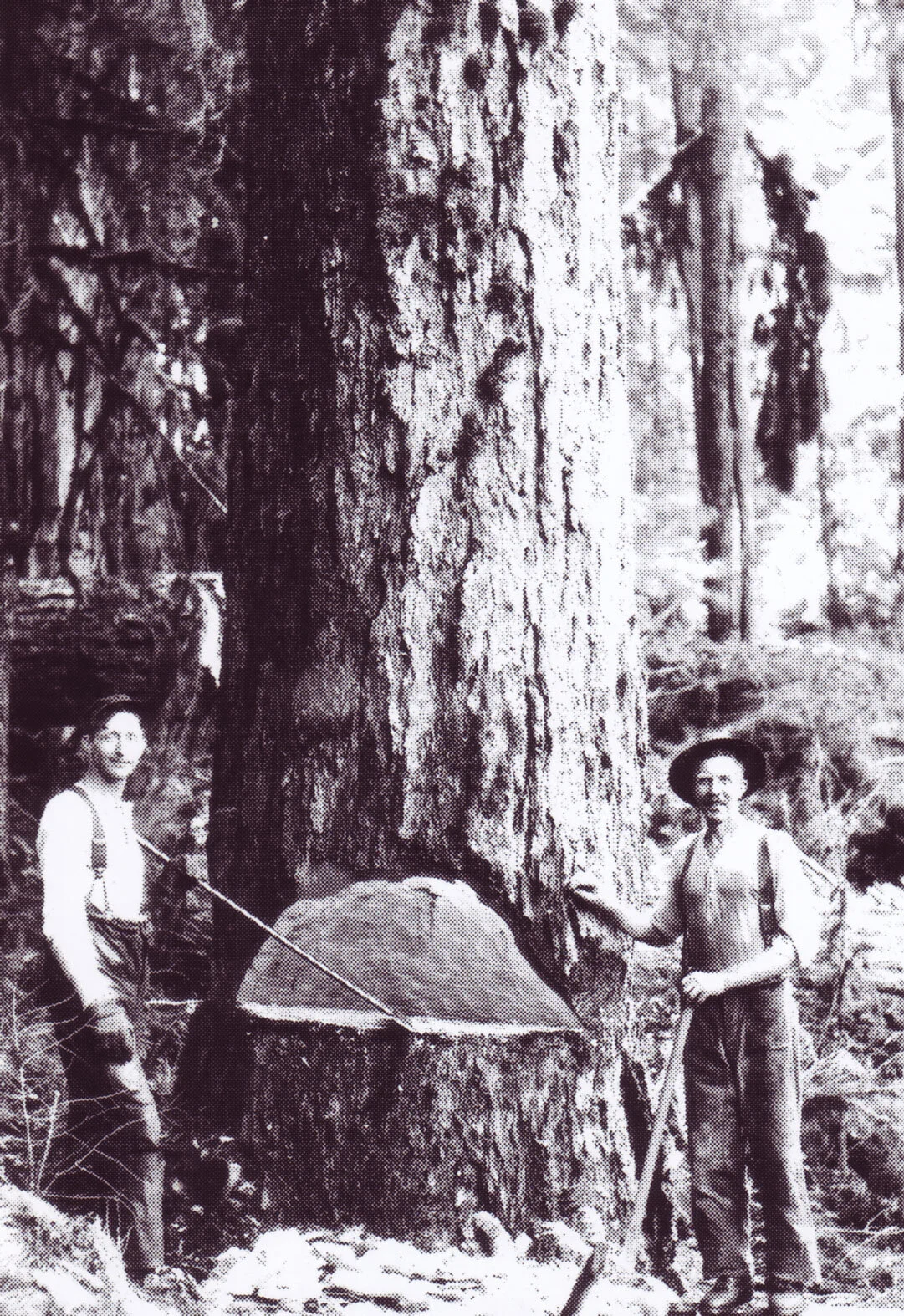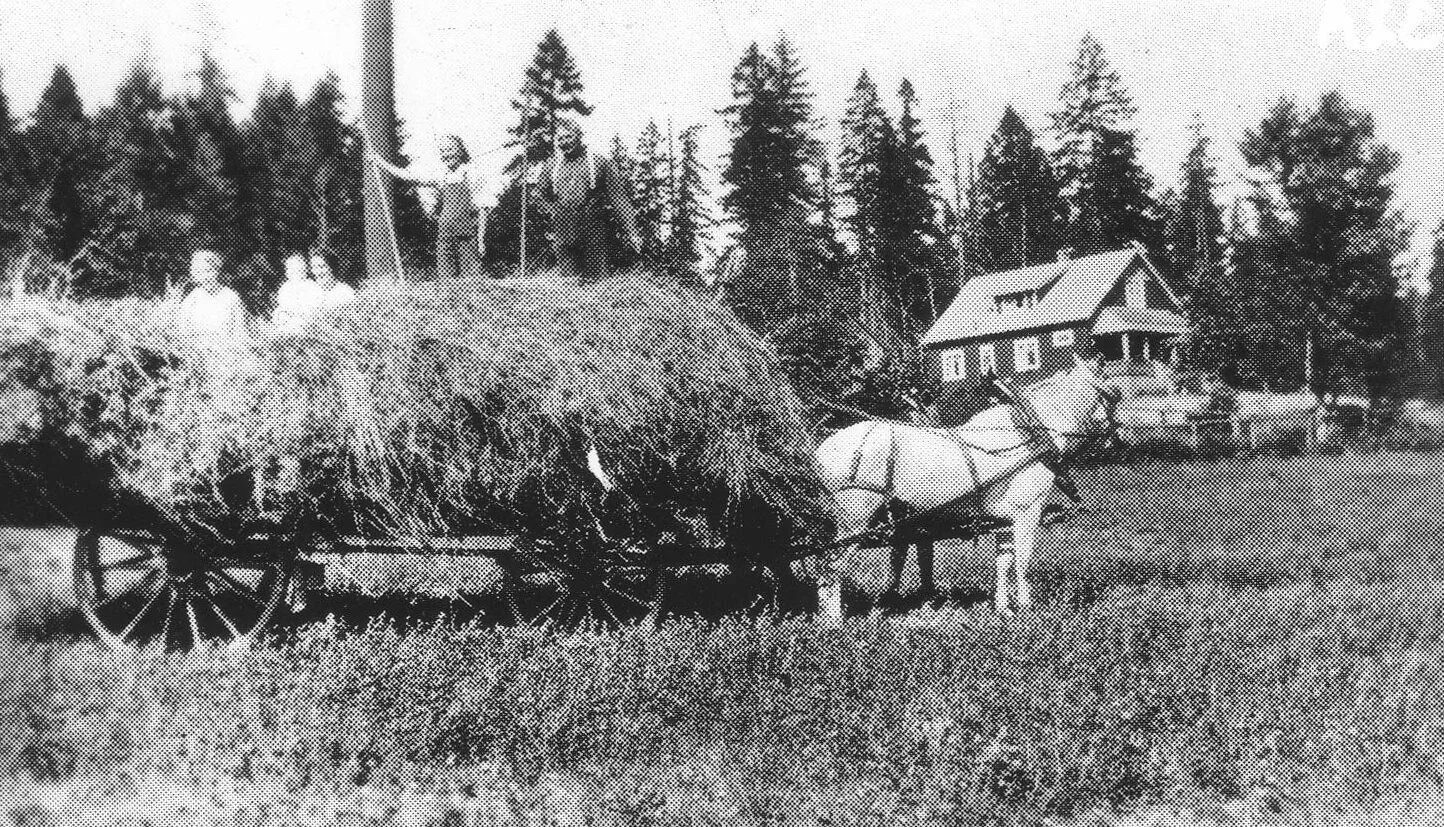We like to think that history repeats itself. Maybe yes, maybe no. But there’s no doubting that history does an about-face from time to time. You couldn’t find a greater contrast between these two news stories, which occurred 143 years apart, if you tried.
Read MoreWe have, over the past several weeks, been reading Charles Herbert Dickie’s memoir, Out of the Past, that related his adventures as a
● Sheriff in Michigan
● Labourer and hobo in California
● Fireman and conductor on the Esquimalt & Nanaimo Railway, Victoria
● Hotelier in ‘Duncans Station’ and successful investor in Cowichan’s Mount Sicker copper mining boom
● Disenchanted Member of the Legislature for a single session
● Disappointed prospector in northwestern British Columbia
● World traveller
● And, finally, for three terms, Member of Parliament.
That’s quite a resume for any one man!
Read More
We’ve been following Charles Herbert Dickie’s memoir Out of the Past.
Last week we accompanied him on his almost round-the-world voyage as he recharged his mental battery after the stress of seeing the money he’d made from the sale of his shares in the Tyee copper mine on Mount Sicker all but disappear in unsuccessful mining ventures in the Stewart River area of northwestern British Columbia.
Ever the optimist, although he lost his money and changed careers, he never did lose the mining bug.
(Stressed and worn out by his unsuccessful mining explorations in B.C.’s northwest, Charles Dickie embarks upon a long sea voyage to recuperate. Readers, please note: Dickie was a man of his times and not above disparaging other races and ethnicities. I am letting him speak for himself at the risk of offending some Chronicles readers.—TWP.)
Read MoreLast week Charles Dickie recounted his hilarious days as the
co-host of the rough and ready Alderlea Hotel, in what was then known as Duncan’s Station.
(Ah, the good old days, when men were men, the booze, sometimes watered, flowed free, the steaks were tough as leather and fist fights and crude practical jokes were the order of the day.)
For most readers of the Chronicles this instalment of Charles Dickie’s colourful memoir will be much closer to home. After his all his wanderings and odd jobs in Michigan, California and Victoria, he arrives in the Cowichan Valley.
He becomes partners in managing Duncan’s first hotel, the ‘Miners’ and Loggers’” Alderlea where life was anything but dull. Fortuitously, his arrival coincided with the great copper strike on Mount Sicker, a short-lived boom that made fortunes for a few, set Duncan on the map and transformed Dickie’s career from that of an itinerant labourer to mining entrepreneur and politician...
Read MoreAs I noted last week, you’re not likely to find Charles Herbert Dickie’s memoir, Out of the Past, “by an M.P.,” in a used book store—or even online.
Dedicated to the memory of carefree friends, it’s small (128 pages) and just 20,000 words in length.
But make no mistake: It’s a great read and of particular interest to students of Cowichan Valley and British Columbia mining history.
You’re not likely to find Charles Herbert Dickie’s memoir, Out of the Past, “by an M.P.,” in a used book store—or even online.
Dedicated to the memory of carefree friends, it measures 3.5 inches by five, and 128 pages, it’s just 20,000 words in length, more comparable to an e-book than to a pocket book, and it’s stapled rather than bound. All in all, it’s pretty small and likely was printed on the cheap.
But make no mistake: It’s a great read and of particular interest to students of Cowichan Valley and British Columbia mining history.
Cowichan’s legendary Tzouhalem is in the news again.
Not the Quamichan war chief himself—he’s been dead for well over a century—but the fact that he's going to be the subject of a movie.
Reporter Robert Barron recently reported in the Cowichan Valley Citizen that documentary filmmaker Harold C. Joe, a member of Cowichan Tribes, and a film crew are making a television documentary that will “examine the near-mythic figure of Chief Tzouhalem through interviews and creative re-enactments".
The operative word here is “creative” as the only existing written records that refer to Tzouhalem are the hand-me-downs of non-Indigenous (i.e. white) contemporaries (some of them in positions of authority and therefore adversarial).
The difference in journalistic style between a big city daily and a small town weekly newspaper couldn’t have been more different—even extreme.
The headline for the Mar. 26, 1949 edition of the Victoria Daily Colonist was wall-to-wall and set in type one and a-half inches high.
It’s the sort of headline that’s usually reserved for such extraordinary news events as wars, toppling governments, outrageous scandals and disasters.
April 1918. No one knew it but the First World War, the worst yet in history, had six more months to go. This was a matter of great interest to Cowichan Valley residents because Duncan had the highest enlistment per capita in all of Canada.
That’s when the Duncan Board of Trade (the Chamber of Commerce of its day) chose to publish a small pamphlet on Valley industries and enterprises. Not for investors or tourists as would normally be the case, but for the edification of local men who were serving in the trenches.
This is the third and final instalment of an unidentified pioneer’s recollections of Cowichan Valley pioneers, most of whom he’d known personally, and of the dramatic changes he’d witnessed over his own lifetime.
To maintain its original flavour, I’ve kept editing to an almost non-existent minimum. To correct the misspellings and grammatical errors would take away much of its charm. Hence I’ve only interceded when I felt absolutely compelled to do so to maintain clarity.
This is the second instalment of an unidentified pioneer’s recollections of Cowichan Valley pioneers, most of whom he’d known personally, and of the dramatic changes he’d witnessed over his own lifetime.
To maintain its original flavour, I’ve kept editing to an almost non-existent minimum. To correct the misspellings and grammatical errors would take away much of its charm. Hence I’ve only interceded when I felt absolutely compelled to do so to maintain clarity.
I’ve long joked that I shuffle more paper in a working day than a civil servant.
That no longer really applies (to civil servants, I mean) since the arrival of the computer.
But nothing has really changed for me. Yes, I’ve computerized too, but I still work with paper—17 file cabinets’ worth. Which is the way I prefer to work and to archive the thousands of files I’ve been building over most of a lifetime.

